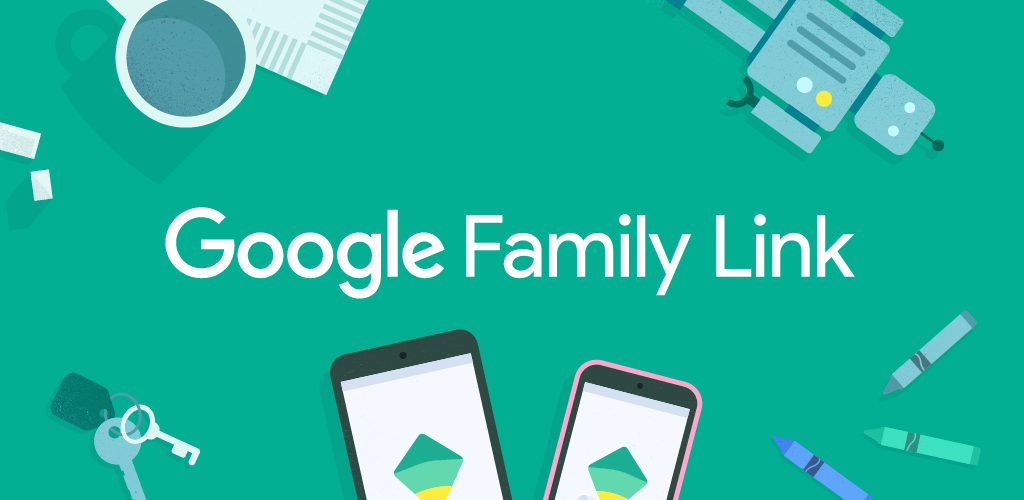latest

Google may be breaking the law when it convinces you to sign up for an account
It's hard to say 'no' to Google
In many sectors, Google has grown its way into becoming one of the biggest targets for European scrutiny. From antitrust allegations galore to concerns over privacy, the company has had to navigate through billions of euros in fines and plenty of new regulations in the wake of its own transgressions. And you can expect more legal challenges to come as consumer protection agencies across Europe are taking such steps against the tech giant for steering consumers into accepting corporate surveillance.

Google's new cookie banner will finally let you 'reject all' in the EU
It will offer more granular choices for Search and YouTube
European lawmakers have been working to make it easier to stay in control of your personal data on the internet, and keep track of what info sites are getting from you. The landmark General Data Protection Regulation (or GDPR) has had a pronounced impact on how we use the internet and helped increase public awareness of how sites handle our data — even if you don't live in Europe. In order to better comply with updated regulatory guidance, and in an effort to give users more control, Google is changing how it handles cookies in Europe across its services.

Facebook tool to export pictures to Google Photos now available worldwide
Three cheers for convenient data migration
Read update
Late last year, Facebook announced a tool to let users easily migrate their uploaded photos to Google Photos. The tool was initially available in Ireland, with plans to expand to more countries in the first half of this year. The social network has made good on those plans by expanding the rollout to the US and Canada in April, and now reaching a global rollout today.

WeChat monitors foreigners' chats to feed its Chinese censorship machine, investigation finds
Is anyone really surprised?
The internet in China is different from the internet in the rest of the world. Services are heavily censored by the state, making it impossible to discuss unsanctioned political topics on the web openly. WeChat, in particular, is known to monitor and censor its platform in China. However, an investigation by The Citizen Lab shows that WeChat doesn't only monitor Chinese citizens, but also extends this activity to people all over the world using the app. It does that to feed its censorship algorithms, which helps filter out certain content proactively. WeChat essentially crowd-sources international users' data.

Google users in post-Brexit UK to lose GDPR privacy protections
They'll be moved to US jurisdiction with notably weaker data protection rights
Just when you think the post-Brexit situation can't get any worse for us poor sods in the UK, another depressing tidbit rears its ugly head. This time, it's news that Google users in England, Wales, Scotland, and Northern Ireland will no longer be protected by GDPR and will instead be at the mercy of the privacy regulations of the United States.

Europe's General Data Protection Regulation (GDPR) is more than a scheme to add another pop-up to every site you visit. It's a framework of regulations that govern how companies can use the data collected about people online. As perhaps the largest handler of personal data online, Google would inevitably face GDPR inquiries. Today, the Irish Data Protection Commissioner (DPC) has initiated the first GDPR investigation of Google, probing whether or not it misused data in order to target advertising.

Read update
It's easy to get confused with all the decimal numbers phones coming out of HMD lately—the Nokia 7.1, 6.1, 3.2, 9, and so on. Even HMD might be getting a little turned around. Finnish media reports that some Nokia 7 Plus handsets in Europe have been beaming data to China even though they aren't Chinese phones. This could be a violation of Europe's GDPR legislation. Oops.

According to a recent report by The Guardian based on internal documents leaked from a court case in California, Facebook has been lobbying and pressuring representatives and politicians from over 35 countries in its attempts to fight privacy laws. That much would seem pretty obvious, but the details revealed by these documents imply a greater degree of collaboration than you may expect, and potential quid pro quo actions by politicians.

Facebook doesn't exactly have a pristine reputation, but on a certain level it's surprising nonetheless when a new scandal concerning the social media giant breaks out - after all, just how many more surprises can it manage? The answer, it turns out, is many. A new report put out by campaign group Privacy International found that 20 out of 34 popular Android apps send data to Facebook without asking for permission. This echoes the findings of a previous report on health and dating apps.

It's been a tough year for Google in Europe, and it doesn't look to be getting any better. The Mountain View company was slapped with a record $5 billion antitrust fine by the EU Commission this summer, and now it could be in hot water once again due to its location and online activity tracking practices.

Facebook has been an omnipresent part of American news for what seems like all of 2018, and rarely with a positive connotation. Based on the company's recent second-quarter financials, Facebook has a more conservative outlook on the future, expecting revenue growth to decline in the coming years. The company is quick to externalize blame for this, pinning its expectations for the decrease on currency markets projections and pesky privacy-enhancing regulations like GDPR.

The new GDPR rules have barely been in effect for more than a few hours, but Google and Facebook are already being hit with a complaint for failing to comply with the regulation's requirements. According to privacy group noyb.eu, both companies are engaging in so-called "forced consent," which is the practice of bundling consent into an all-or-nothing package instead of the granular approach to consent required by the GDPR.

Unless you've been living under a rock for the past few weeks, you'll have noticed the barrage of emails from companies notifying you of changes to their privacy policy and terms of service. That's no coincidence, of course: on Friday, May 25, a sweeping new legislation, which deals with data privacy and how companies handle an individual's personal data, will go into effect in the European Union. The regulation, called the General Data Protection Regulation, or GDPR for short, grants individuals a series of rights concerning their personal data, and stipulates a number of duties companies have regarding how that data is processed.

There's not a lot to Google's Opinion Rewards app, but the team behind it spent most of last year expanding its footprint to many new countries. Just last month, it was finally updated to also allow users to make changes to account information they had submitted during the sign-up process, which cleared up some oversights like the possibility of moving to another area. In today's update, Opinion Rewards is closing another gap by adding the ability to delete user accounts.

People in all countries have kids, so it's a bit disheartening when a feature launches for families and it's limited to the US. That was the story with Family Link last year, which was only available in the US at first. However, the parental control service started expanding shortly after, adding Australia, New Zealand, and Ireland, then Canada this past February. We might have missed the memo too, because it added a few more countries between then and now (Argentina, Brazil, Chile, Japan, Mexico, UK). That made the total eleven, but now Family Link is expanding to 26 new countries, all in the EU.

Instagram has just announced improvements to Stories which will be coming to the Android and iOS apps soon. Instagram Stories, which have become increasing popular on the platform, replicate the ephemerality of Snapchat by having photos and videos expire automatically 24 hours after being uploaded.










